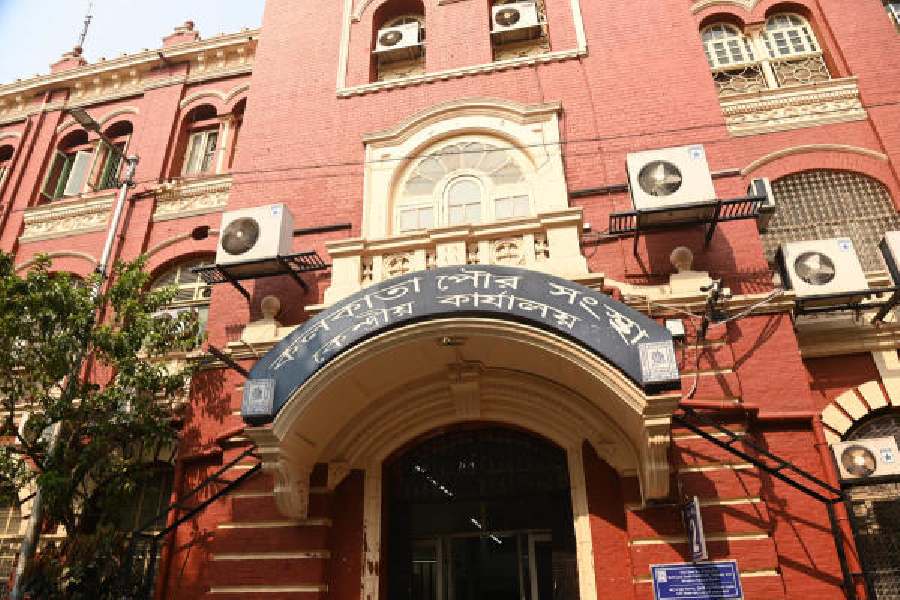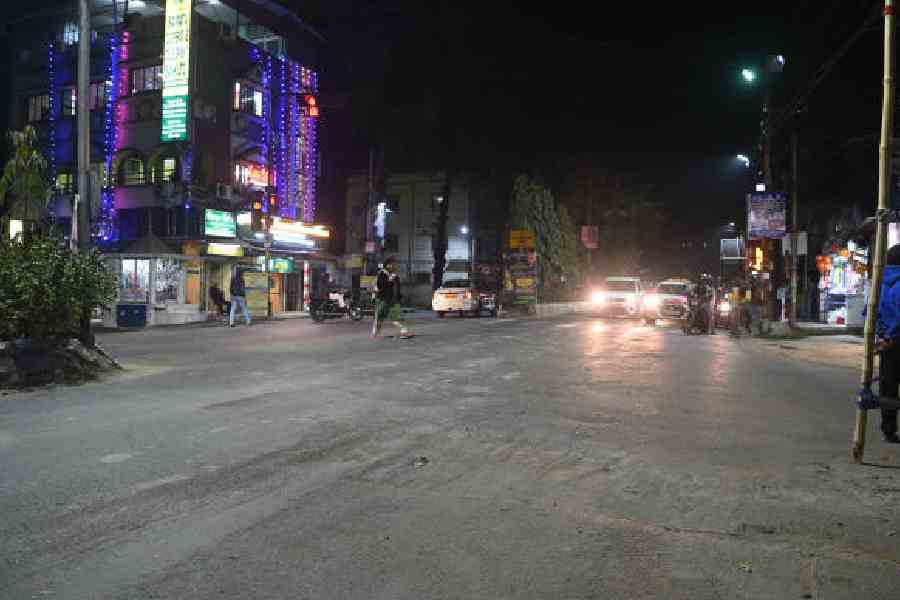Rosy retelling
Sir — Augustus Gloop is now ‘enormous’ instead of ‘fat’, Mrs Twit is no longer ‘ugly’, and Oompa Loompas are gender neutral. Roald Dahl’s children’s books are being rewritten to remove language deemed offensive by the publisher. The changes to Dahl’s books mark the latest skirmish in a debate over cultural sensitivity as campaigners seek to protect young people from cultural, ethnic and gender stereotypes in literature. Critics complain that revisions to suit 21st-century sensibilities risk undermining the genius of great artists and preventing readers from confronting the world as it is. But there is a bigger question than that: can rewriting Dahl’s works be seen as an attempt to twist historical truth and make the writer seem less objectionable than he was?
Prerna Poddar, Calcutta
Keep it open
Sir — The Supreme Court has rightly rejected the names submitted by the government in a sealed cover to constitute a panel to probe the allegations against the Adani Group (“SC refuses govt names for Adani probe”, Feb 18). The Chief Justice of India correctly pointed out that public confidence would take a hit if people believed that the Centre was steering the process with the court’s nod. The Narendra Modi-led government has sent sealed cover arguments to the apex court on several sensitive issues during its time in power. The CJI’s refusal to let such a game of cloak and daggers continue is thus heartening.
Bidyut Kumar Chatterjee, Faridabad
Stay calm
Sir — It seems that the views of the American businessman and philanthropist, George Soros, about the ties between the Narendra Modi government and the Adani Group have rattled the Bharatiya Janata Party (“Look who ‘worries’ Jaishankar”, Feb 19). This is obvious from the strongly-worded retorts from senior Union ministers like Smriti Irani and S. Jaishankar. Do they really think that Soros is so influential that he can dethrone democratically elected governments? The vitriol against Soros only proves him right. The Centre must play its cards carefully and diplomatically. If, indeed, there is an external threat to democracy, it cannot be dealt with at irate press conferences.
K. Nehru Patnaik, Visakhapatnam
Poisoned roots
Sir — The experience of a changing, more intolerant, nation that G.N. Devy described in his article, “A different nation” (Feb 17), is scary but not surprising. When the party in power at the Centre blatantly spreads communal hatred and sows the seeds of divisions to reap electoral benefits, this is only to be expected. However, while I do not disagree with Devy, I must add that the social picture of India in the 1950s or the decades after it was not exactly rosy. Communalism had always been present. Otherwise, why would the populace embrace the toxic message of the rath yatra led by the Bharatiya Janata Party leader, L.K. Advani?
Kajal Chatterjee, Calcutta
Fading tongue
Sir — Salman Khurshid has lauded the Anjuman Taraqqi Urdu (Hind) for creating harmony between the Urdu and Bengali languages in West Bengal (“Harmonious bond”, Feb 19). As Urdu is no longer used for official purposes, its importance has diminished considerably. The West Bengal government must do more to popularise Urdu, perhaps by making it a compulsory subject at some level in schools.
Yousuf Iqbal, Calcutta
Faulty claim
Sir — While addressing an election meeting in Meghalaya, the Union home minister, Amit Shah, called the government led by Conrad Sangma of the National People’s Party “one of the most corrupt” in the country. Shah must have forgotten that the government in Meghalaya has had the support of the Bharatiya Janata Party for the last five years. Why did Shah not do anything about the corruption then?
Haridasan Rajan, Kozhikode, Kerala
Land of abundance
Sir — I had the privilege of spending twenty months in Bolpur, which changed my perspective on life completely (“Birbhum”, Feb 19). The essence of Birbhum could be garnered best in the songs of a baul in the Khowai on evenings when no tourists were around. There is an abundance of both nature and culture in Birbhum.
Alok Ganguly, Nadia
Sir — The article, “Birbhum”, was interesting. But unfortunately, in the public eye, the tale of Birbhum begins and ends with Bolpur.
Ashok Kumar Ghosh, Calcutta
Winged messengers
Sir — Few know that Assam hosts about 50% of the butterfly species found in India. There are about 1,500 species found in India and Assam hosts more than 700 of them. Butterflies are excellent indicators of biodiversity and can serve as early warning signs of natural degradation. Although Assam is the preferred home of butterflies in India, even the most common of species, such as the Peacock Pansy, do not have a local name. There is thus little public attachment to these beautiful creatures. The Central government should offer special grants for research on these beautiful creatures and also officially recognise Assam as the butterfly capital of the nation.
Noopur Baruah, Tezpur
Parting shot
Sir — Many Calcuttans lost access to some television channels because of a dispute between a section of multi-system operators and broadcasters over an imminent hike in charges (“Channels off air after cable price hike dispute”, Feb 19). It is sad that people are missing their favourite shows.
Sourish Misra, Calcutta










